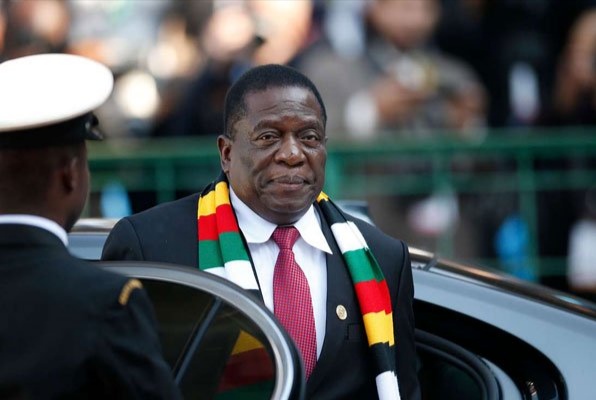On August 17, 2024, the Southern African Development Community (SADC) will convene its 44th
summit in Harare, Zimbabwe, marking Zimbabwe’s assumption of the bloc’s leadership.
As the host, the Zimbabwean government, under President Emmerson Mnangagwa, has embarked on extensive preparations, including infrastructural upgrades such as road rehabilitations, airport renovations, and hotel refurbishments among other projects.
This effort appears to be part of Mnangagwa’s strategy to bolster his legitimacy, following a negative report from SADC on his re-election.
In the lead-up to the summit, the Mnangagwa administration has also intensified its crackdown on opposition figures and pro-democracy activists, likely in an attempt to prevent potential protests.
Notable arrests include human rights defenders Namatai Kwekweza, Samuel Gwenzi, Robson Chere, Jacob Ngarivhume, and members of the Citizens Coalition for Change (CCC) in Kariba.
Additionally, Emmanuel Sitima, president of the Zimbabwe National Students Union (ZINASU), was detained at the Robert Gabriel Mugabe International Airport after attending a private meeting in Victoria Falls.
Goromonzi legislator Tineyi Munetsi was also summoned by the police for a crime
allegedly committed during the January 2019 protests triggered by a fuel price hike.
CCC leader Jameson Timba and 78 others now called #Avondale78 have been languishing in remand prison following their arrest on 16 June 2024. They have been denied bail and the state appears in a hurry for their trial.
Other key opposition figures such as Jacob Ngarivhume and Job Sikhala have also
been targeted by the state.
Most of the arrested people are innocent, a case in point is Namatai Kwekweza who was in South
Africa on the day the state alleges she participated in a protest in Harare.
Another one Vusumuzi Moyo is not even involved in political activism, that is why he is now seeking to get a legal practitioner of his own choice, so that he is not bundled together with known human rights campaigners.
The targeting of these individuals suggests a concerted effort by the government to neutralize any perceived threats to the summit’s smooth execution, which Mnangagwa may view as an opportunity to legitimize his leadership.
Despite police claims that public gatherings have not been banned, numerous meetings and events have not received clearance, indicating a possible strategy to stifle public assembly while Zanu PF activities continue unabated.
While Zanu PF members celebrate the summit as a potential endorsement of Mnangagwa and
Zimbabwe by SADC, opposition activists and leaders are on high alert, fearing arrest on trumped up and dubious charges related to protests.
For the opposition, the summit represents a perilous period, marked by restrictions on their activities and heightened risk of detention.
This atmosphere of intimidation has led some to view the summit as a curse rather than a blessing, wishing for its swift conclusion or even relocation.


![2025 National Budget Statement [Download]](https://openparly.com/wp-content/uploads/2024/11/Witholding-tax-on-Betting-2-420x280.png)
